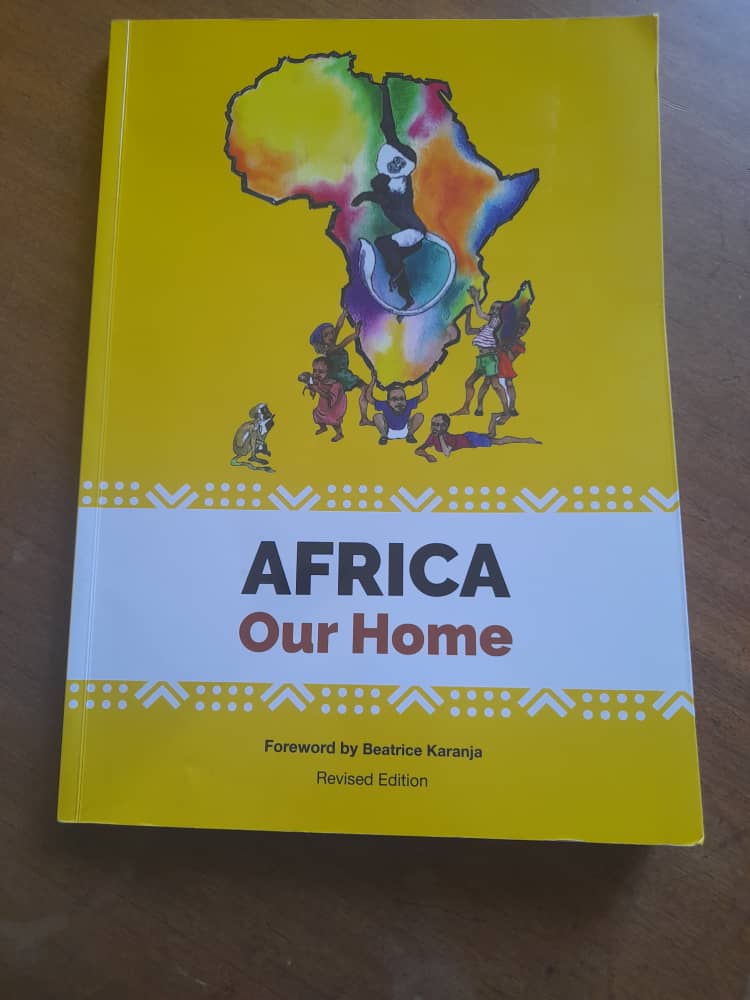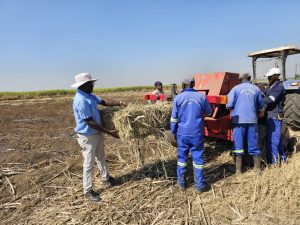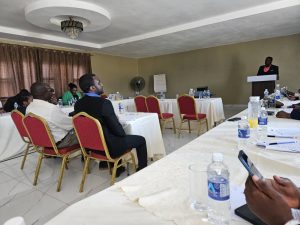Mary Mundeya
The 2020 Tusk Wildlife Ranger of the year, Amos Gwema has embarked on an education programme to encourage pupils in wildlife-rich communities to develop interest in conservation.
In an interview with EnviroPress, Gwema narrated how the wildlife education initiative came into existence and its importance to Zimbabwe’s conservation efforts.
“Without the buy-in of the community, our wildlife conservation initiatives as a country cannot succeed. I therefore decided to start a wildlife education programme which avails wildlife and environment-related books to schools situated in every area with wildlife,” said Gwema.
The first phase of the programme is currently underway in Hwange where Zimbabwe’s largest game park in situated, and it will then move to Mbire, Matobo and Chimanimani.
“The institutions of learning in the area have been forthcoming and I will soon be handing over some books to Chikanga and Chilanga primary schools as well as to Ndlovu, Nechilibi and Mashala secondary schools.
“We hope to reach ten thousand students through this initiative. I am grateful to Tusk United Kingdom who are supporting me with the reading material,” Gwema said.
The Hwange district book distribution officer in the Ministry of Primary and Secondary Education, Yotamu Mendamenda said Gwema’s initiative was a timely intervention as far as Zimbabwe’s wildlife conservation efforts were concerned.
“Amos Gwema’s wildlife education programme is a timely intervention. The information contained in the books cultivates in children an appreciation of our natural resources including wildlife.
“The children are also equipped with knowledge on how to lawfully commercialise their wildlife heritage as well as how to fight wildlife-related crime,” he said.
Alice Muleya, a mother to one of the beneficiary pupils said the books contained vital information on human-wildlife conflict and possible solutions.
“As parents we are also learning from the books on how we can lawfully generate income through wildlife conservation thereby helping to prevent unnecessary human-wildlife conflicts,” she said.






